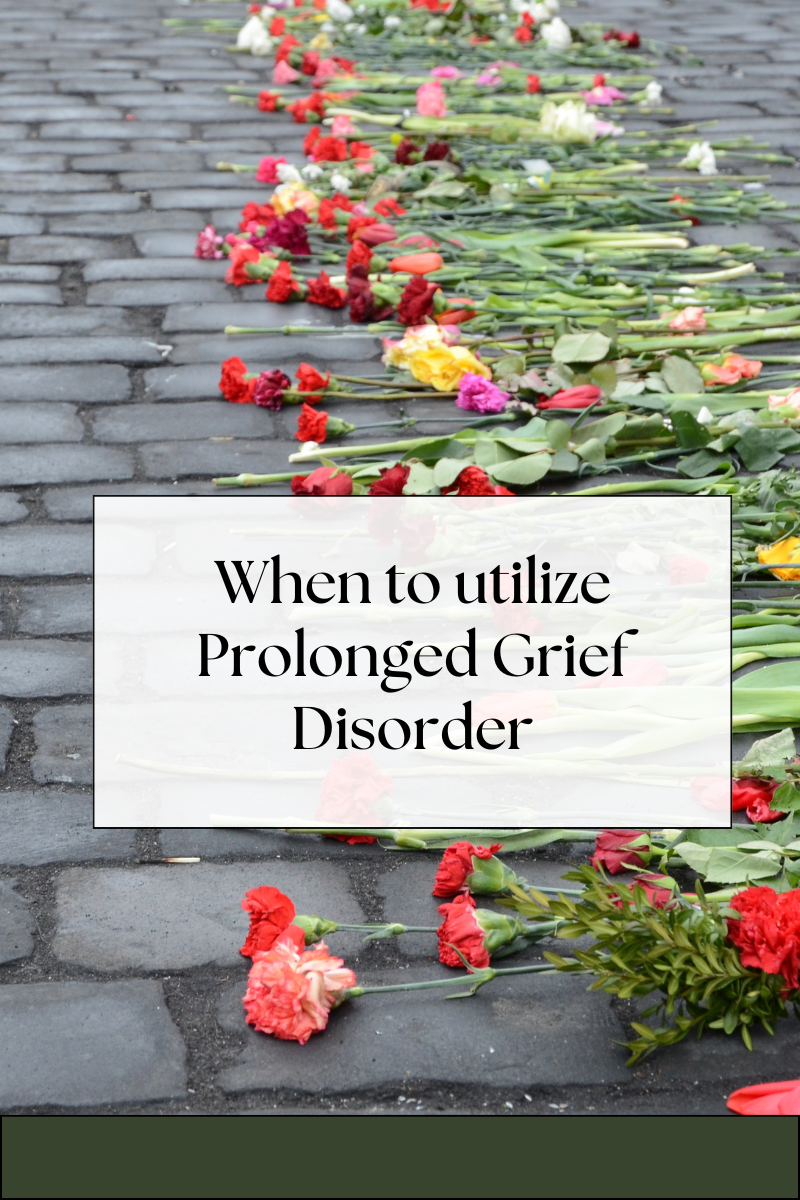I recently heard a question by a frantic therapist who was embarrassed that she hadn’t considered Prolonged Grief Disorder when treating her client of the past 6 months. Diagnosis isn’t a static label assigned at the beginning of treatment. Instead, it’s a dynamic process that evolves as we learn more about our clients. This fluid approach to diagnosis allows us to provide more accurate and effective care over time. There are a few things that can impact this, including minimum and maximum durations of time criteria.
The DSM-5-TR: A Significant Update
The recent release of the DSM-5-TR (Text Revision) marks an important milestone in psychiatric diagnosis. Unlike its predecessor, the DSM-4-TR, this revision includes substantial changes to diagnostic criteria. In fact, about 70 criteria sets were modified in this update, due at least in part to growth in our collective understanding of mental health and mental health disorders.
Introducing Prolonged Grief Disorder
One of the most notable additions to the DSM-5-TR is Prolonged Grief Disorder (PGD), assigned the diagnostic code F43.81. This new diagnosis deserves our attention, especially when considering it as an alternative to Major Depressive Disorder in certain cases.
Prolonged Grief Disorder is characterized by:
- Intense yearning or longing for the deceased
- Profound sorrow and emotional pain, guilt, grief, anger, or blame
- Preoccupation with thoughts or memories of the deceased
- Feelings of numbness
- Social avoidance or withdrawal.
For children and adolescents, this preoccupation may focus more on the circumstances of the death.
It’s important to note that PGD is a relatively new diagnosis, which means we might not immediately consider it as a first possibility. However, it’s crucial to keep it in mind when assessing clients who have experienced a loss.
When to Consider Prolonged Grief Disorder
The key to diagnosing PGD lies in its persistence. We accept and acknowledge that intense reactions following a loss are part of the grief process. If a client remains stuck in an intense grief reaction month after month, and this state continues beyond a year after the loss, it’s appropriate to consider PGD. The individual will typically be preoccupied with grief, feeling numb, stuck or unable to focus on other things.
It’s worth mentioning that PGD evolved from what was previously known as persistent complex bereavement disorder. This evolution in terminology reflects our growing understanding of grief processes.
Differentiating PGD from Other Diagnoses
When considering PGD, one important piece to keep an eye on is the timeline:
- Under a year post-loss: If the grief reaction has lasted six months to a year, it might better fit the criteria for adjustment disorder or to consider .
- Beyond a year post-loss: This is when PGD becomes a more appropriate consideration.
By understanding Prolonged Grief Disorder and remaining aware of diagnostic changes, we can provide more nuanced and effective care to our clients navigating the complex journey of grief.

+ show Comments
- Hide Comments
add a comment